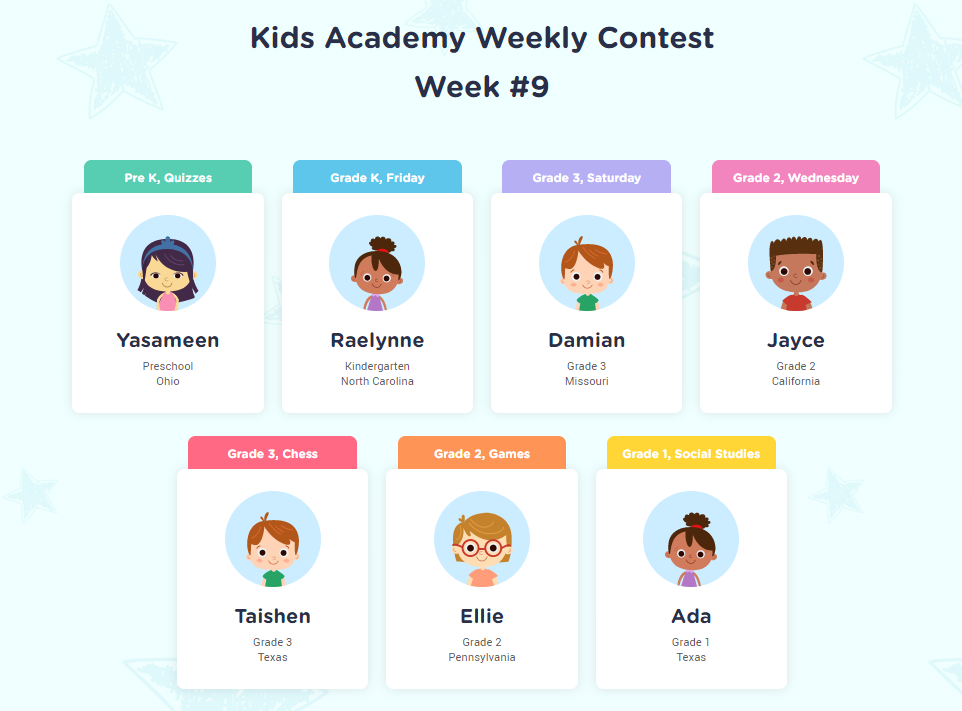Categorization skills Easy Worksheets for Ages 5-8
6 filtered results
-
From - To
Boost your child's learning with our "Categorization Skills Easy Worksheets" designed specifically for ages 5-8. These engaging and interactive worksheets help young learners develop essential categorization skills by sorting items based on characteristics such as color, shape, size, and type. With an array of fun, colorful illustrations, children will not only improve their critical thinking and cognitive abilities, but also enhance their understanding of their world. Perfect for home or classroom use, these printable resources make learning enjoyable and effective. Support your child's educational journey and watch them thrive as they master the art of categorization! Explore our worksheets today!
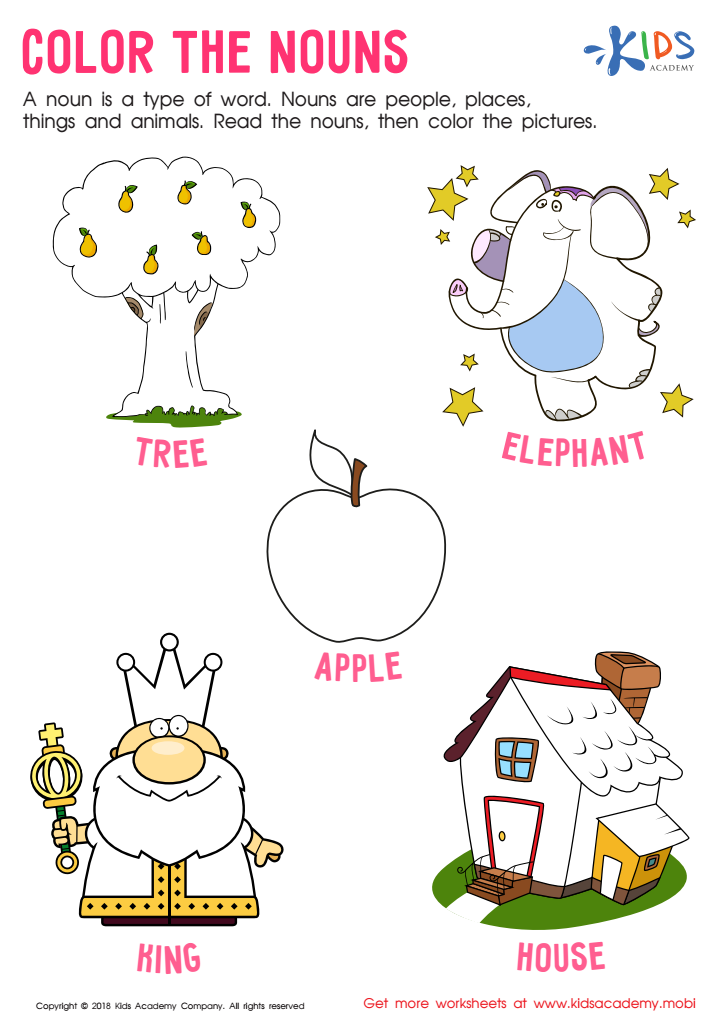

Color the Nouns Worksheet
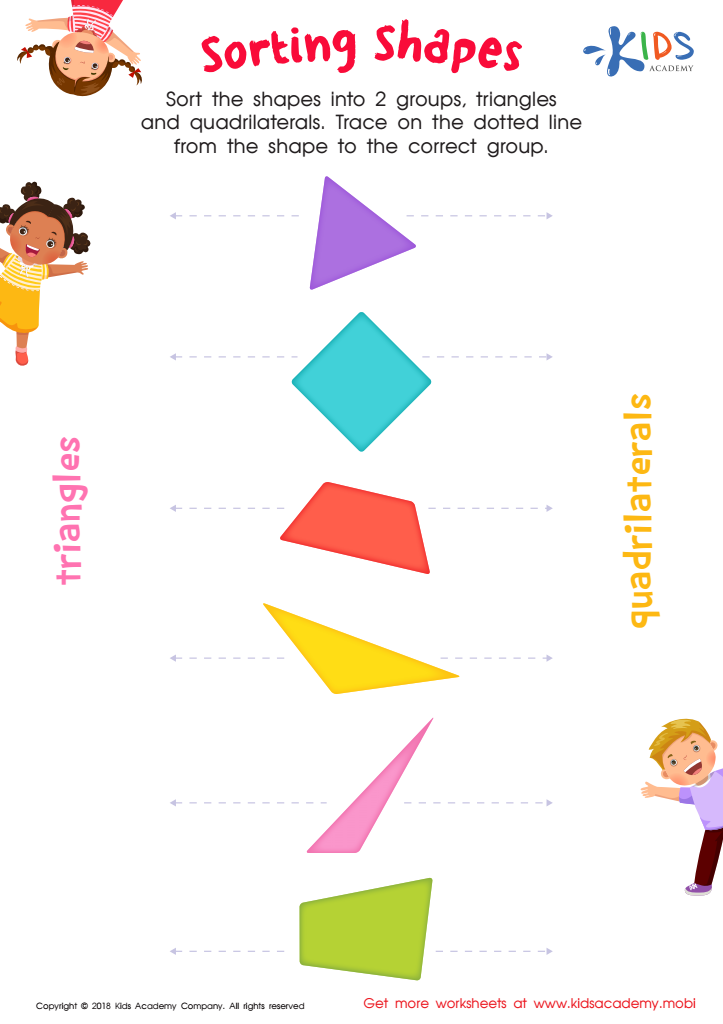

Sorting Shapes Worksheet
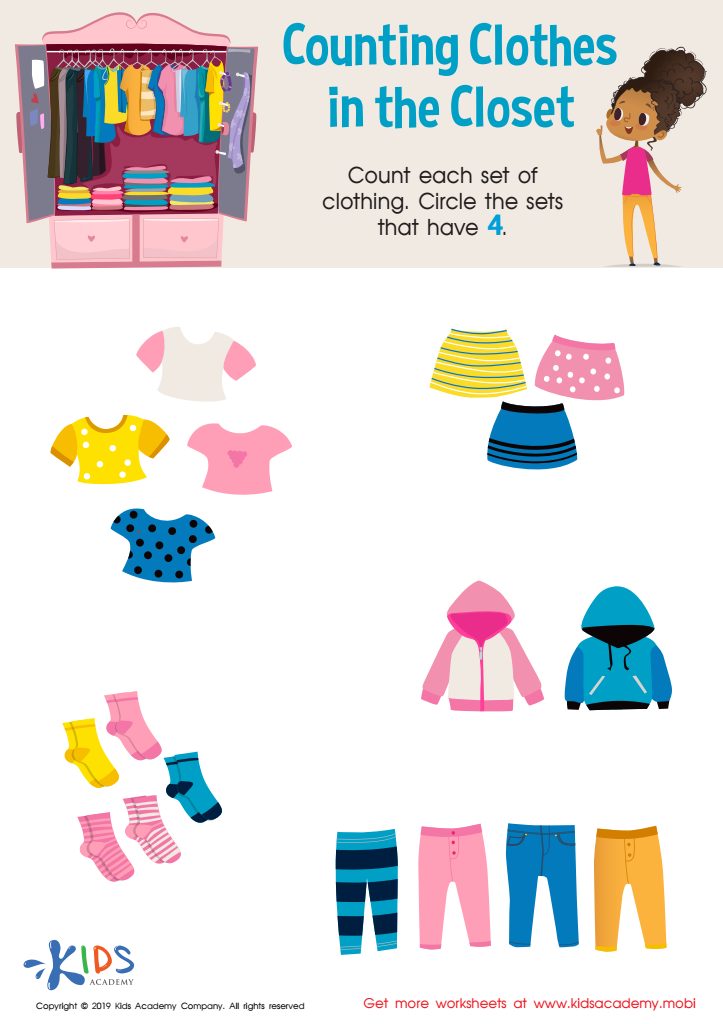

Counting Clothes Worksheet
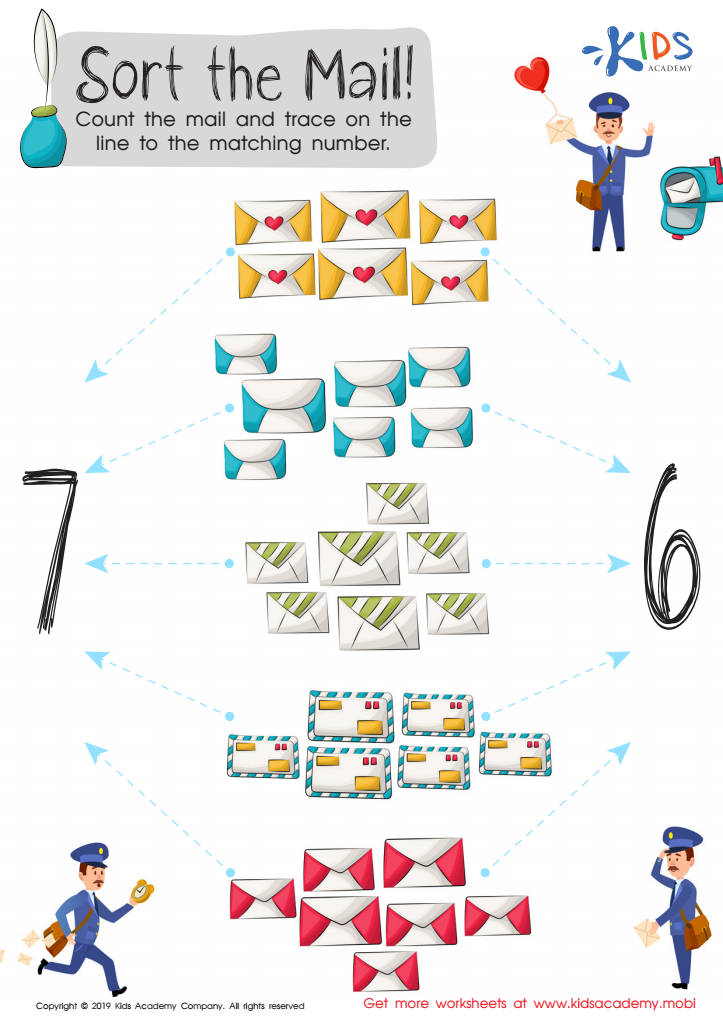

Sort the Mail Worksheet
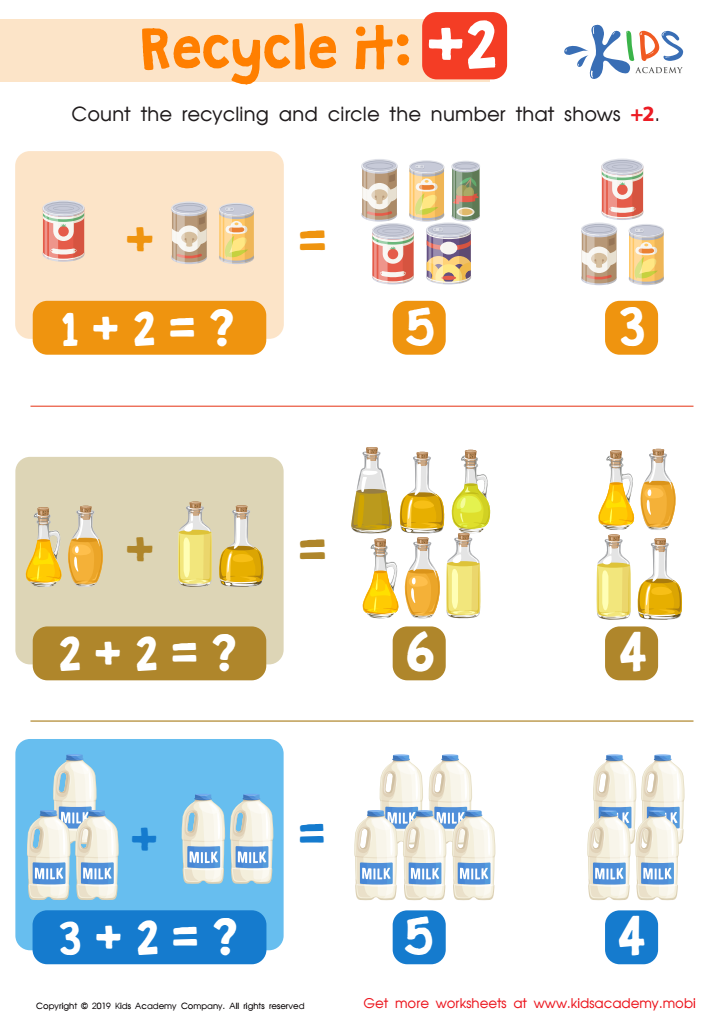

Recycle It: +2 Worksheet
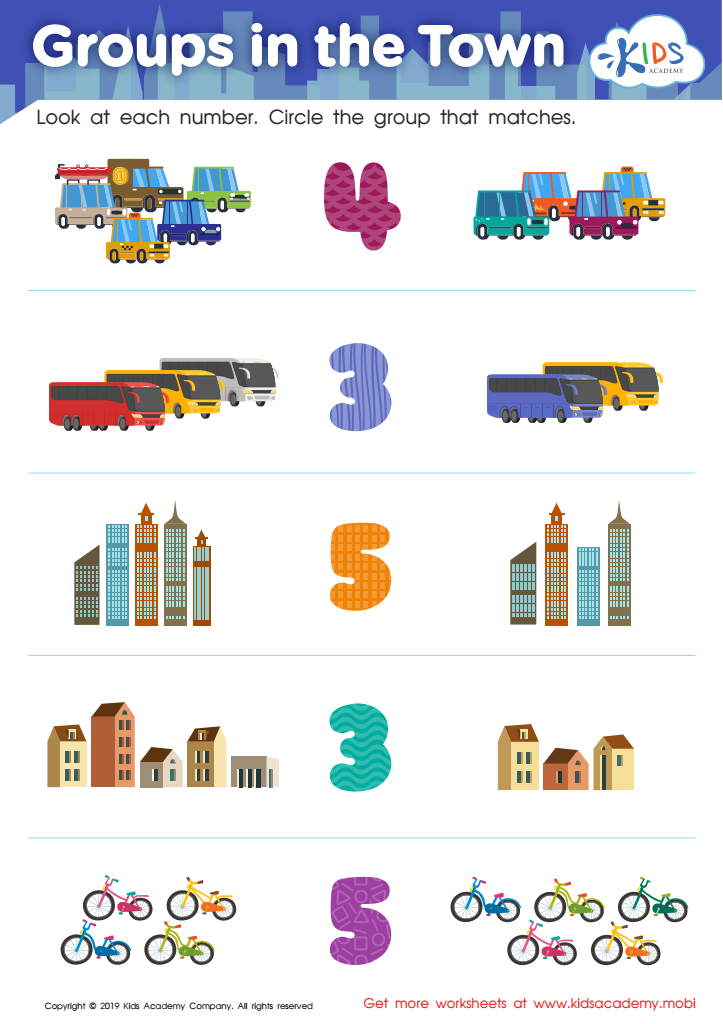

Groups in the Town Worksheet
Parents and teachers should care about categorization skills for children aged 5-8 because these foundational abilities play a crucial role in cognitive development and learning. Categorization involves sorting and grouping information based on shared attributes, which encourages critical thinking and problem-solving. By teaching children to classify objects, concepts, and experiences, we help them make sense of the world around them.
Moreover, categorization skills enhance language development. As children learn to categorize, they strengthen vocabulary and communication skills by learning the names and features of different groups. This familiarity with language is vital for effective expression and comprehension.
Additionally, strong categorization skills can improve children's ability to analyze and evaluate information—a crucial aspect of academic success. Whether it's in math, science, or reading, recognizing patterns and relationships fosters deeper understanding of content.
Finally, cultivating these skills can enhance social development. Understanding categories helps children navigate social relationships and develop empathy, as they learn to recognize and respect differences among peers. Overall, prioritizing categorization skills not only fosters academic growth but also nurtures vital social and emotional capabilities that contribute to well-rounded development.
 Assign to My Students
Assign to My Students




.jpg)


